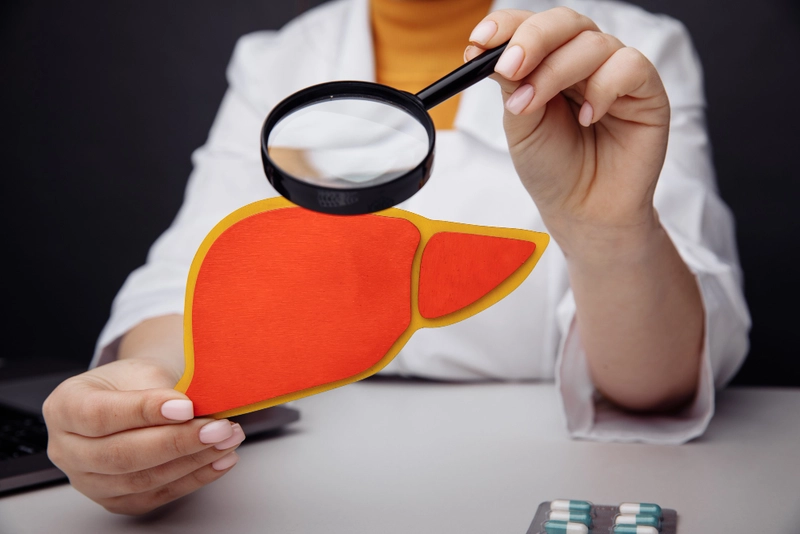- Published on: Jan 20, 2023
- 1 minute read
- By: Secondmedic Expert
Your Ultimate Guide To Understanding Normal Body Temperature: Causes, Symptoms, And Prevention
Body temperature is a vital sign that indicates the body's ability to produce and dissipate heat. A normal body temperature for a healthy adult is around 98.6°F (37°C), but it can vary slightly depending on factors such as time of day, activity level, and individual differences. In this guide, we will discuss the causes, symptoms, and prevention of abnormal body temperature.
Causes of abnormal body temperature:
- Fever: The most common cause of abnormal body temperature is a fever, which is a sign of an infection or inflammation in the body. A fever is defined as a body temperature above 100.4°F (38°C).
- Hypothermia: A low body temperature, known as hypothermia, can occur in cold environments or due to certain medical conditions. A body temperature below 95°F (35°C) is considered hypothermia.
- Hyperthyroidism: An overactive thyroid gland can cause the body to produce too much heat, leading to a high body temperature.
- Medications: Certain medications, such as antipsychotics and antidepressants, can affect body temperature regulation.
- Trauma: Serious injury or surgery can cause the body to produce too much heat as a response to the trauma.
Symptoms of abnormal body temperature:
- Fever: Symptoms of a fever can include sweating, chills, headache, muscle aches, and fatigue.
- Hypothermia: Symptoms of hypothermia include shivering, numbness, confusion, and slow breathing.
- Hyperthyroidism: Symptoms of hyperthyroidism include weight loss, rapid heartbeat, and sweating.
Prevention of abnormal body temperature:
- Fever: The best way to prevent a fever is to practice good hygiene, such as washing your hands frequently, and avoiding close contact with people who are sick.
- Hypothermia: To prevent hypothermia, it is important to dress warmly in cold weather, and avoid staying out in the cold for prolonged periods of time.
- Hyperthyroidism: To prevent hyperthyroidism, it is important to manage any underlying medical conditions that can cause an overactive thyroid gland.
- Medications: If you are taking medications that can affect body temperature regulation, it is important to follow your doctor's instructions and monitor your body temperature regularly.
- Trauma: To prevent abnormal body temperature due to trauma, it is important to take steps to prevent injuries and accidents.
In conclusion, abnormal body temperature can be caused by fever, hypothermia, hyperthyroidism, medications, and trauma. It is important to be aware of the symptoms and take the necessary steps to prevent abnormal body temperature. If you have a fever or other symptoms of abnormal body temperature, it is important to seek medical attention.
Our Services
Request A Callback
Recent Posts
Can Fatty Liver Be Reversed Completely?
Jul 31,2025
How Your Sleep Schedule Affects Digestion
Jul 28,2025
How to Spot Signs of Hormonal Imbalance in Men
Jul 26,2025
Do You Need a Digital Detox? Signs and Symptoms
Jul 25,2025
How Walking Daily Affects Your Blood Pressure
Jul 24,2025










